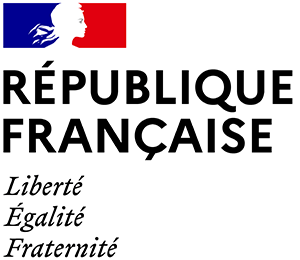DORIS on Genesis: technical status
François Didelot (CNES, France)
Event: 2024 IDS Workshop
Session: DORIS network and constellation: status and evolution
Presentation type: Oral
DOI: 10.24400/312072/i03-2024.3911
Abstract
In March 2024, ESA kicked off the GENESIS mission which will contribute to improve the accuracy of the International Terrestrial Reference Frame (ITRF) combining the 4 main space geodetic techniques (GNSS, DORIS, VLBI and laser ranging).
This presentation focuses on tests led in fall 2023 by the CNES DORIS team to confirm that a DORIS receiver could be functional at the projected GENESIS orbit (altitude of 6000km).
CNES tests facilities permitted to simulate representative physical signals from on-ground beacons and to have them processed by an electric model quite similar to the flight model projected to be aboard GENESIS.
Despite this new orbit context – much higher altitude than usual LEO satellites for which this receiver is designed – the instrument was able to perform measurements correct enough to feed the DIODE navigator and enable it to deliver real-time orbit of rather good quality given the absence of adaptations of on-board software to the GENESIS orbit.
New test sessions are already planned in the next months, they will enable to clarify which adaptations could be done on the instrument, on the on-board software and on the DORIS system in order to reach the best level of accuracy possible for DORIS on GENESIS.
Contribution: IDS24_s2_Didelot_DORISonGENESIStechnicalStatus.pdf (pdf, 2699 ko)
Corresponding author:
François Didelot
CNES
France


